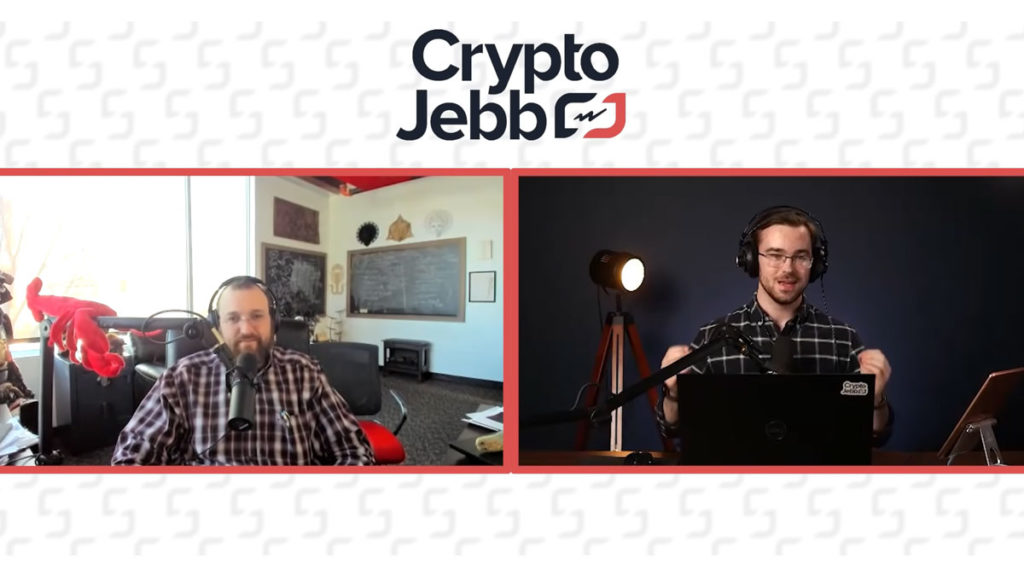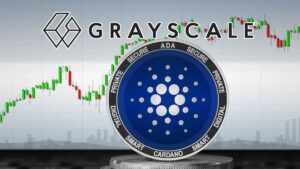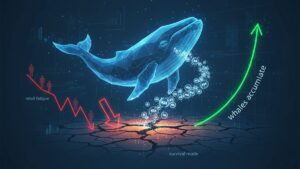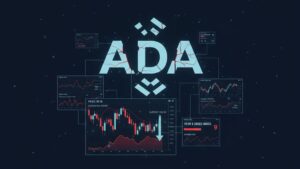Crypto Jepp spoke with Charles Hoskinson of IOHK on the future of Cardano and blockchain in government. The conversation covers a wide range of topics related to technology and its potential impact on daily living. In essence, Charles and Jebb discuss Cardano and the benefits that this blockchain can provide to governments and other businesses.
Incorporating Blockchain into Real-World Situations
In part of his interview, Charles discusses the present scale of the Cardano ecosystem. He claims that there are many amazing people in this community and that the IOHK team, as well as Cardano developers, have wanted to construct an environment that is truly decentralized, resilient, and based on basic ideas for a long time. Cardano is attempting to create a new financial operating system for the globe, particularly for people who do not currently have one.
Cardano’s teams are debating economic identity. They traveled to Africa, Southeast Asia, South America, and other parts of the globe. According to Charles, Cardano created a product based on concepts that have stood the test of time. These actions need years of dedication.
Charles goes on to say:
“We keep publishing papers. We keep writing code, we keep pushing hard, and now we’ve gotten to a point where there are 230 different projects building on Cardano. There’s a very vibrant ecosystem of about 3 million installed wallets. People vote all the time with catalyst, and we keep seeing momentum progress.”
The Cardano community’s efforts are insufficient to provide a comprehensive blockchain solution. It’s starting to come together, according to Charles, but it’s still early. There is still so much work to be done.
Jebb poses a question regarding how an inclusive accountability concept may enter our governments and how we can get governments to adopt blockchain technology, which Cardano may be able to assist with. Maybe blockchains can convince the state government to start providing data or financial disclosures using a blockchain accounting system, adds Charles. So you start in those sectors and establish infrastructure, and then slowly but steadily, more of that material finds its way into this ecosystem. Then you build an expectation in the community.
As a result, people begin to wonder why they are unable to vote online. They begin to wonder why I can’t check and verify that what you’re saying to me is correct. Why can’t those credentials be found on the internet? As a result, once they have that ability, they begin to expect it, and they begin voting in that manner. Then they start demanding in that manner, and it snowballs from there, and it happens very quickly.











